[some introductory text here]
Click on highlighted text like this to show excerpts from an interview with Q. Click again to hide them. You can listen to the full interview at the bottom of the page.
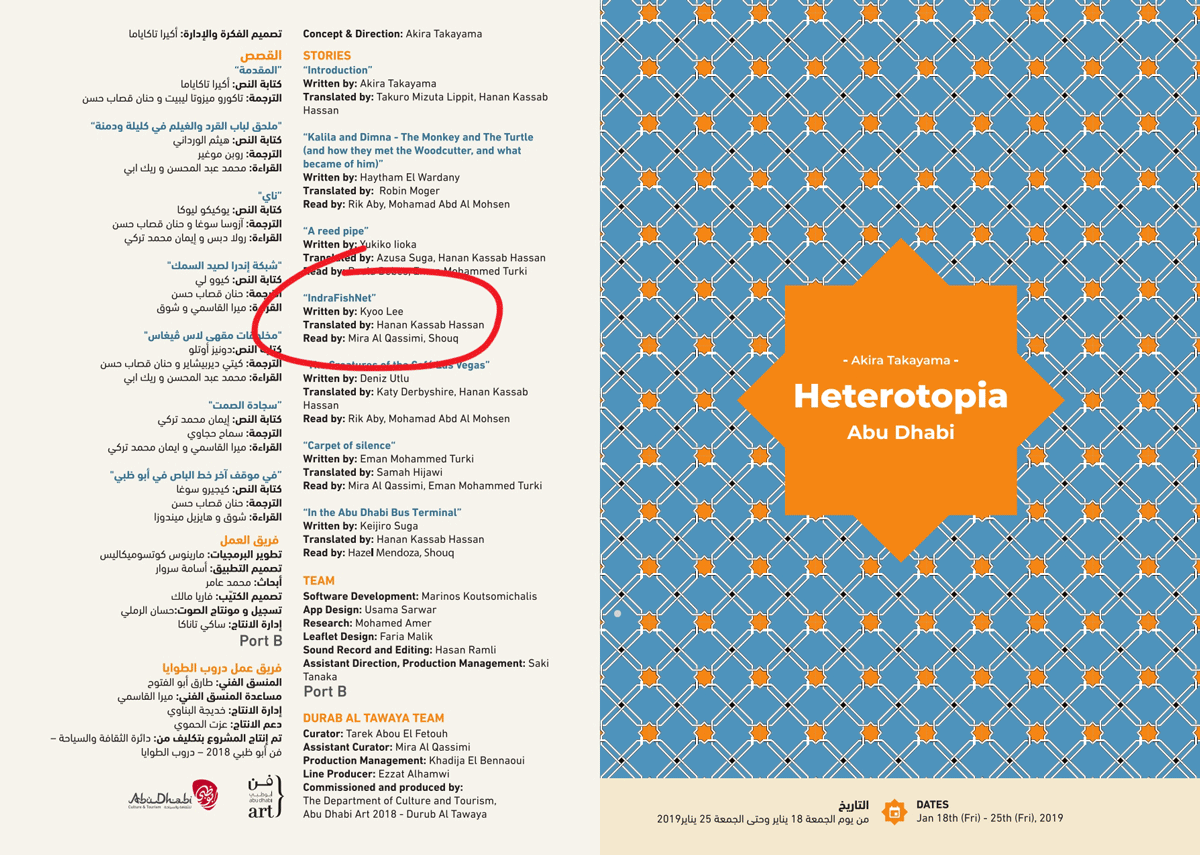
IndraFishNet
Everything in the world exists to end up as a book.
— Stéphane Mallarmé, Divagation
Everything is a burned book.
—Roberto Bolaño, 2666
The fish market audioscape—listen while you read.
Year 2029 Stall #29 Clean Fish
Just past 6 AM, Monday, Hasana at her stall again, repacking her prawns a little more tightly, saw an “iWash” thingy zooming into her with a box loaded on top announcing, “I came. I saw. I laundered,” Washmen Robot #9 this time, good, right on: a weekly load of aprons and chef’s hats, a set of seven, has just been delivered as expected, and she signs her name on the panel on the little guy’s forehead and presses OK to swirl around and head back. Not everyone in the market dresses up like her, though. She had made a special arrangement with Washmen which mostly caters to the hotels and restaurants nearby. She unfolds the apron, ties the string, adjusts the hat and surveys the fish caught & set today. Good to go.
Since taking over the business about two years ago from her brother Hasan, Hasana had become a talk of town for the “fellow” fishmongers and even some discerning customers. Their late father, who became too old even to walk to the market, was an auctioneer, and Hasan, a former UPS trucker trying his luck in California, who had come back home to take care of the uncle’s stall, became an auctioneer himself. The family, fairly well-known in the community, had been running a fairly well-established business for over three decades there but now this recent Hasan-Hasana teamwork became a game changer and part of attention they attracted was quite full of tension with some other sellers and auctioneers.
The problem began, Day 1, with that sign Clean Fish Hasana put up in front of her stall – in English, yes. Who does that? Or did? Does it mean the fish there is clean or she will clean it? Or both? Or is she trying to say that fish in the other stalls is not clean? Or is it a suggestion as in “Clean after Your Dog” or “Wash (The Content of Your Salad Bag) Before Eating”? True, everyone nowadays is worried about eating plastic fish to the point of becoming weary, but then, there was something, say, fishy about the sign which no one could pinpoint or protest.
Especially tourists, after browsing, would return to her shop to shop, which also became the only one one-stop spot in the market, where any fish purchased on the premises could be cleaned too. Many folks came to her as her fish, although almost double the market price, looks better; she weighs each cleaned fish, not the whole thing, on the digital scale which spits out a number each time a processed body is placed, and she transports each to a Tupperware bearing the logo. No need to bargain or bark, just point and pay. Easy-peasy. Again, Clean Fish. Who knew that “clean fish” could be so effective, so effectively antisocial?
IndraFishNet 4:00-5:00 AM
Not just that, of course. The brother-sister duo became an island, the lead characters from some sort of “iLand” story written on an iPhone iOwn, and their digital innovations began to attract some local investors too. So what did Hasan do? He set up an auction site of his own, a spot next to the regular site, and he had a programmer create an app, IndraFishNet, which allows paid members to participate in silent auctions between 4am and 5am every day in a hybrid ebay style, online and offline, which makes the platform doubly “onsite.” What does Hasan do then? He brings in ten catches of the day in ten boxes sometime after 4am and lays them out in front of a camera, whatever comes in for the day, salmon, prawns, squid, snapper, you name it, and when he is ready, ten bidding wars begin concurrently among the early birds on site with their smartphones and the lazy happy shoppers in their pajamas, and at 5am the highest bidder in each category gets the fish so wanted. After 5, the boxes get picked up or delivered to local addresses via Washmen that charges a flat fee.
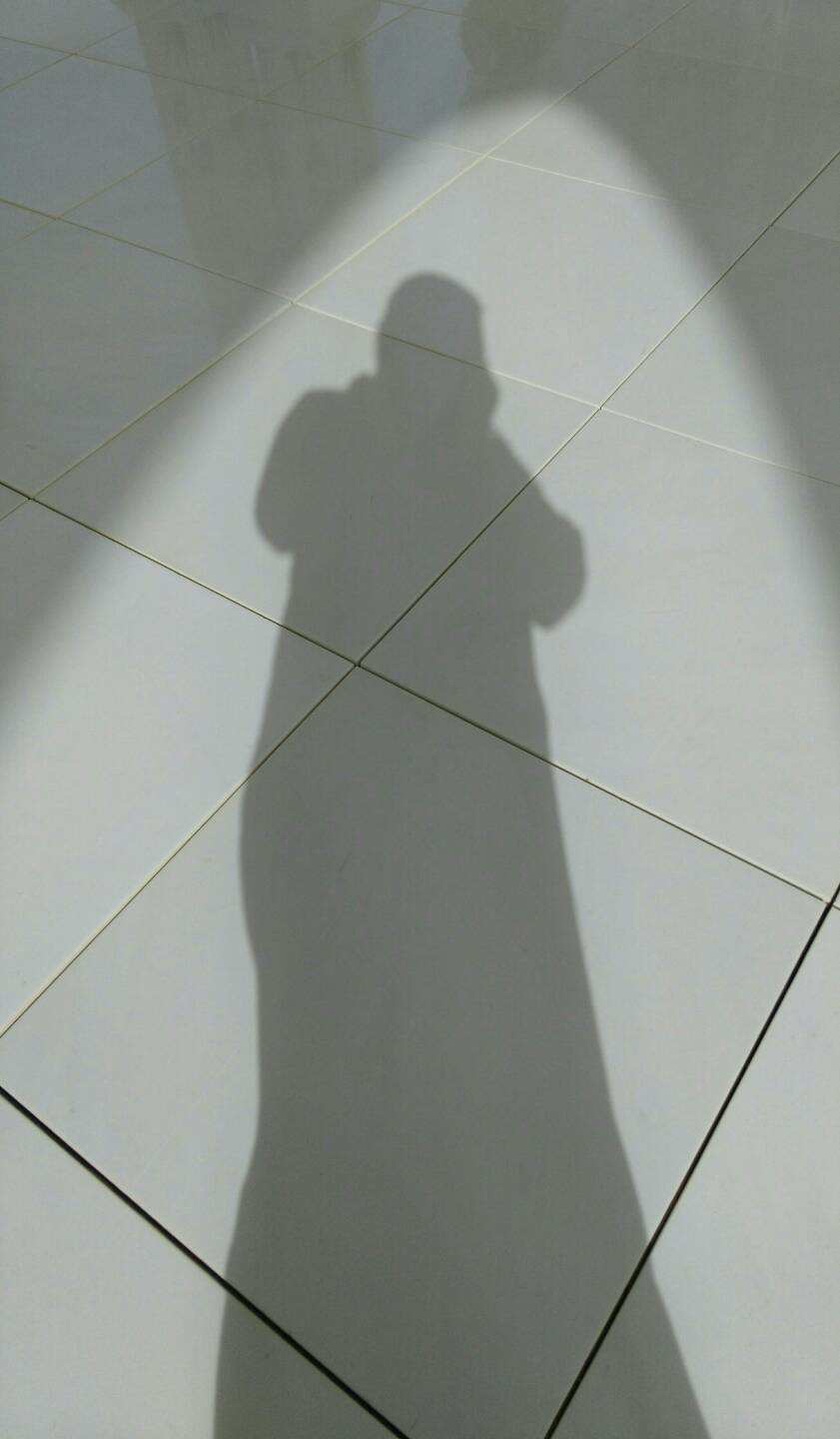
5:00-6:00 AM Breakfast in Las Vegas
So it used to be as simple as that, simpler even: numbers called out in rapid succession, its resonances filling the space like the smell of a school of fish spreading through the air.
Nowadays, when data and dates become part of a mixed salad of time still called a day, maybe smell, remembered or not, is what really gets us and what we can really get for real. Sight & Sound, computers can give you, but smell? What’s that (smell)?
After taking off his blue overalls and tossing them into the locker #29, not #30 reserved for clean sets deposited by Washmen every Monday, Hasan reaches over to #31 to scan his wallet and retrieve his jacket. His day is over and he is ready to go. He is off to Las Vages café to breakfast with Hasana, who is usually there a little early, having her coffee & toast.
So the alarm goes off, and Sana wakes up—to the smell of a grilled salmon her partner is preparing for her cat she doesn’t care for that much anyway, she just knows … not for her.
Ha, Clean Fish? And … IndraFishNet? Or was it indiafish.net? Or indiefishnet? Maybe … should start something like that? Why not? She paused.
For now, she will just get grilled halloumi, she just knows. She gets salmon only on some special day but that’s OK, for that means she has at least a few more minutes to stew in bed.
[…] What’s this human addiction to light. One morning I dreamt about homelessness, joked about it. Life reduced or expanded to getting doggie her very next can. Dog’s inexcusable addiction to eating. At the bottom of the sea, David said, the fishies are inexcusably addicted to light.
[…] no the key and the bottom of the sea is flooded with light, we just get used to it the deeper and deeper we go and the harder it is to turn the key and eventually we go and it is very very dark we just get used to the light but the blues and the greys and the feelings of lostness, it’s like home, it’s like family.
– Eileen Myles, “School of Fish,” I Must Be Living Twice
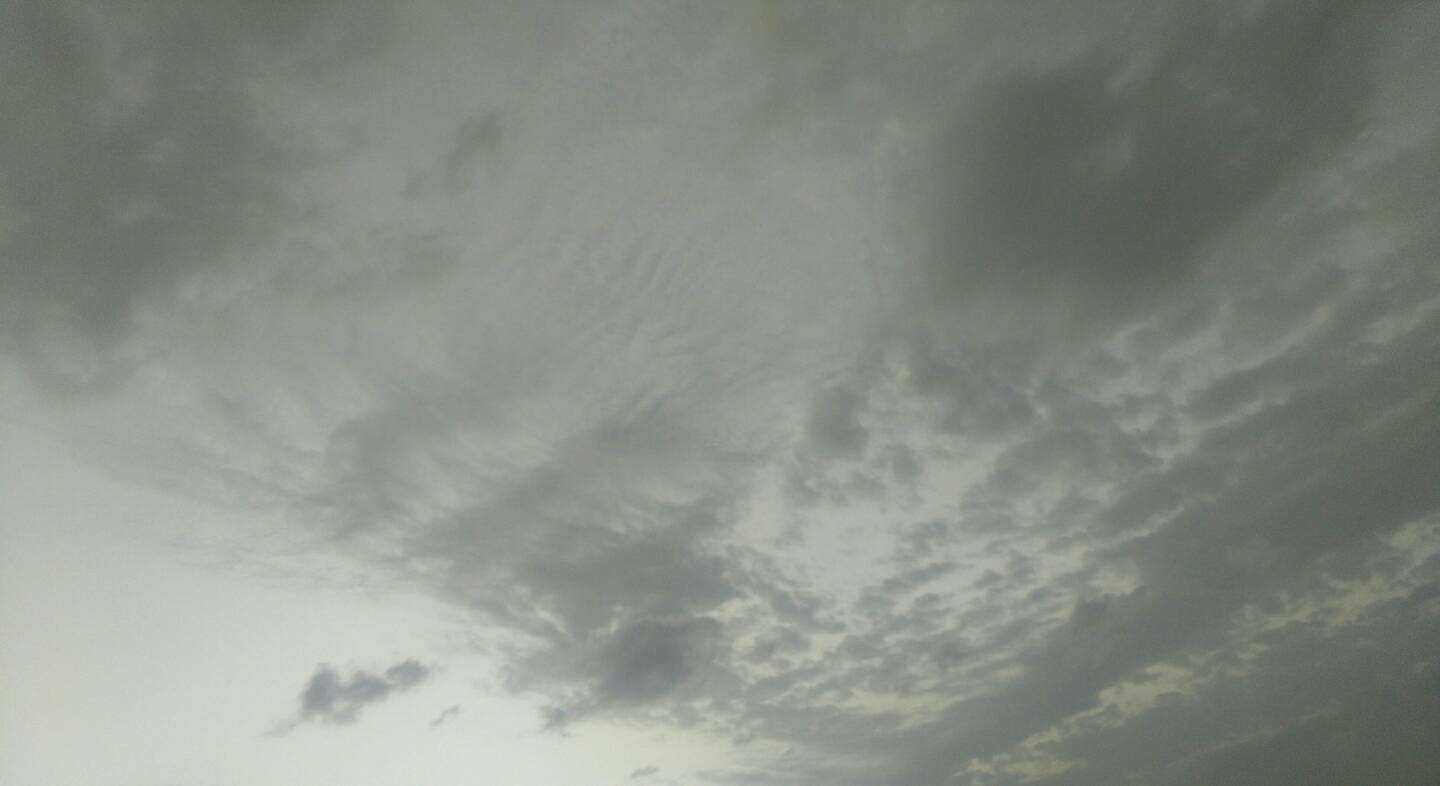
Response to IndraFishNet by Eileen Myles
And I
cont’d
to this.
it’s nice
around
here. We’ve
got this
and that.
Did I
get this
cause
it’s cold
it’d
be over
fast
I don’t know
what they
expect
me to think
of with
these little green
crowns
mixed in
w the food.
It’s supposed
to be nice
like greens
in with
the flowers
but these
are not
flowers
these are fish
dead
not for too
long I
hope &
they swam
past
green
things in
their
youth
yesterday.
I’m well
aware
of the horror
of the
world
the silence
is not
worse
I’m thinking
of her
all of a
sudden
with this
chewy
fish
in my mouth
in a way
it must
be terrible
to win
now.
She is the
cherry
of everyone’s
defeat
she is the
cherry
mysteriously
I ate
the old
fish
and she
is the
cherry
salut
Listen to the full interview with Q:

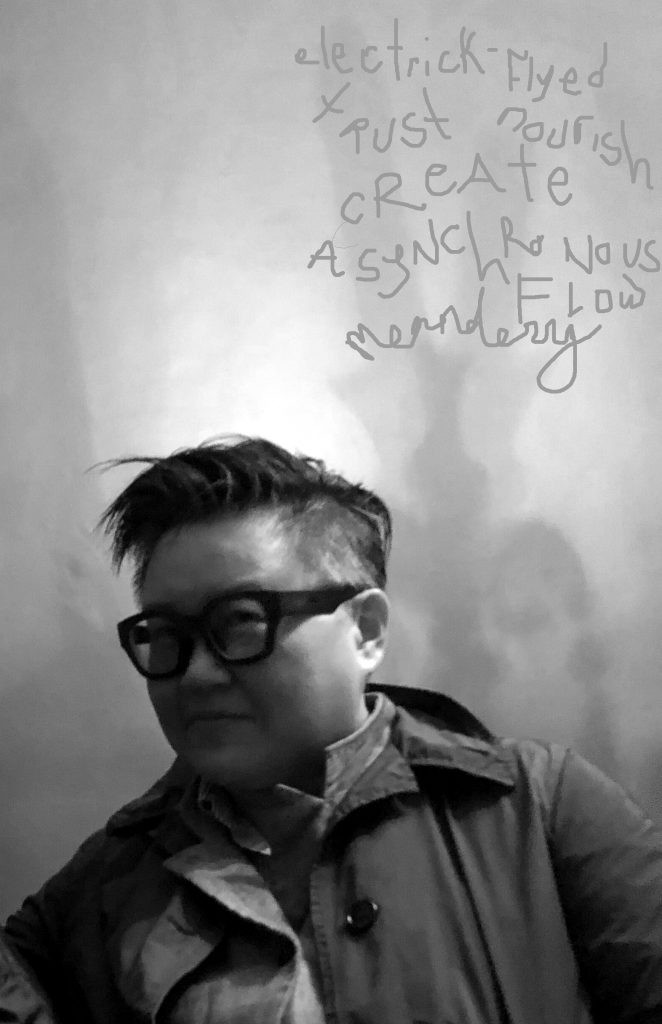
Kyoo Lee, Professor of Philosophy and Gender Studies at CUNY and the author of Reading Descartes Otherwise: Blind, Mad, Dreamy, and Bad (FUP) along with a forthcoming book on visual philopoetics (The MIT Press), also a member of AICA-USA and the Editorial Manager for the Korean Pavilion at 59th Venice Biennale 2022, is a “thought-curator” on the go: a philosopher-writer and critic who blends critical theory and creative prose through curatorial attention to details which often entail site-specific and collaborative ruminations.
A transdisciplinary, translingual and transcontinental scholar whose innovative work has been supported by faculty fellowships and visiting appointments from Cambridge University, CUNY Graduate Center, KIAS, the Mellon Foundation, the NEH, Seoul National University and Yanbian University among others, her art-integrated philopoetic texts have appeared in AICA-USA Magazine, Asian American Literary Review, The Brooklyn Rail, Flash Art, Meiji Review, PN Review, Randian, The Volta and The White Review as well as various academic venues.
An avid reader, currently she serves as the co-editor of philoSOPHIA: A Journal of transContinental Feminism and is also on the boards of Asian Journal of Women’s Studies, Belladonna*, Bloomsbury Studies in Critical Poetics, Derrida Today, Litmus Press, Open Humanities Press, Simon de Beauvoir Studies and Women’s Studies Quarterly. Most recently, she published Queenzenglish.mp3: poetry | philosophy | performativity (2021), a Mellon-funded anthology with contributions from 50+ poets, artists and theorists from across the globe, and currently she is working on a sequel.
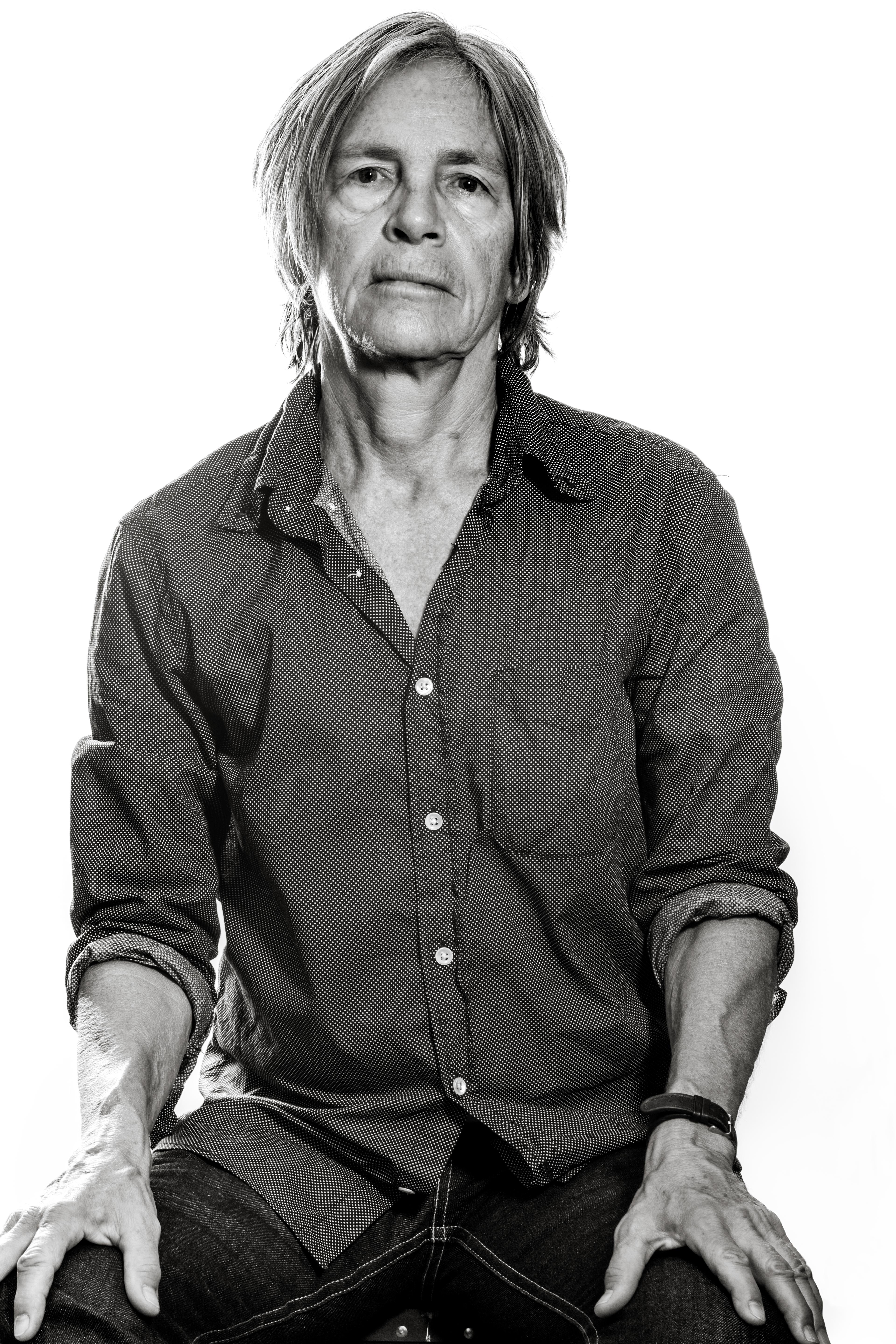
Eileen Myles (they/them) came to New York from Boston in 1974 to be a poet, subsequently novelist, public talker and art journalist. A Sagittarius, their 22 books include For Now, evolution, Afterglow, I Must Be Living Twice/new & selected poems, and Chelsea Girls. In 2019 they wrote and directed an 18-minute super 8 film, The Trip, a puppet road film. See it on youtube. Eileen is the recipient of a Guggenheim, a Warhol/Creative Capital Arts Writers grant, 4 Lambda Book Awards, the Shelley Prize, and a poetry award from the Foundation for Contemporary Arts. In 2016, they received a Creative Capital grant and the Clark Prize for excellence in art writing. In 2019 Myles received a poetry award from the American Academy of Arts & Letters. In 2020 they got the Bill Whitehead Award for Lifetime Achievement from the Publishing Triangle. They live in New York and Marfa, TX.
